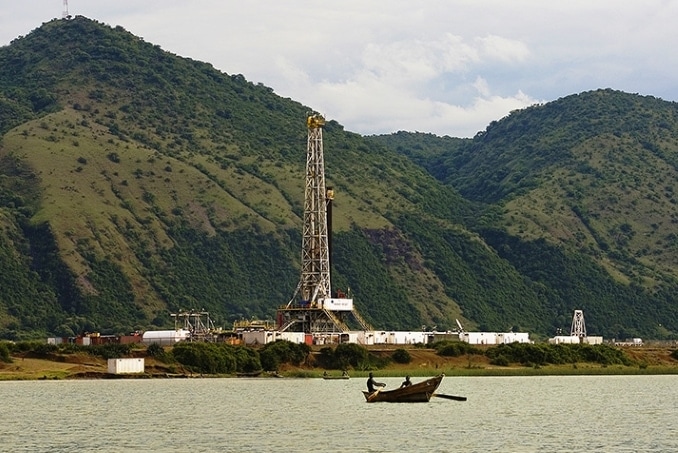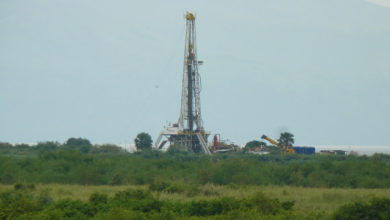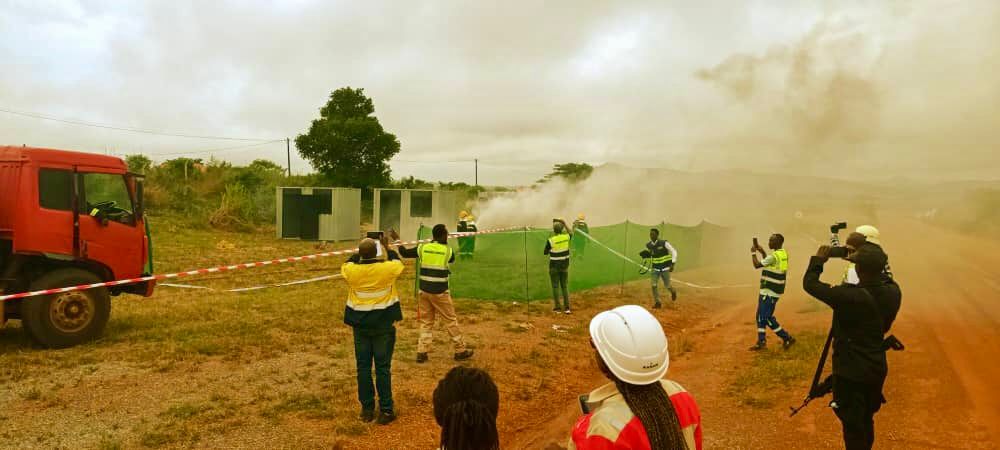Kingfisher, Tilenga & EACOP projects harmless, NEMA assures Ugandans
Whereas the EU parliament resolution claims that EACOP will traverse protected areas in Uganda and Tanzania, we wish to clarify that using avoidance approach to determine the routing for the pipeline many sensitive ecosystems including all Ramsar sites were avoided.

National Environment Management Authority (NEMA) has come out to assure Ugandans that the Environment and Social Impact Assessment (ESIA) for Kingfisher, Tilenga and the EACOP projects were done in accordance with the laws of Uganda and with due regard to all the agreements that Uganda is party to.
The international agreements include the UN’s 2030 Agenda for Sustainable Development and to the Sustainable Development Goals; UN Paris Climate Agreement; the International Energy Agency Global Energy Review 2021; the Cotonou Agreement.
NEMA’s clarification has come following a resolution in the European Parliament calling out Uganda to stop its oil projects because they are a risk to the environment, and fuel climate change. The European MPs also said that these projects also fuel human rights abuses because government and the oil companies have not addressed social welfare issues.
But now NEMA affirms that the Environment and Social Impact Assessments followed the time tested and conventionally agreed principles of the Environment and Social Impact mitigation hierarchy which involves avoidance of sensitive eco-systems, mitigating manageable impacts including reducing of impacts, environmental restoration as well as offsetting of residual impacts.
It also said that the process was done in consultation with relevant lead agencies and other stakeholders including conducting public hearings for all the three projects. The process gave adequate opportunity to all stakeholders to provide input into the process including in the development of resettlement action plans, NEMA explained.
The Kingfisher project in Hoima and Kikuube districts is being run by CNOOC Uganda while TotalEnergies is running the Tilenga Project and the EACOP project lead. Under EACOP, TotalEnergies is partnering with UNOC on behalf of the government of Uganda ant TPDC on behalf of the government of Tanzania and CNOOC Uganda.
On EACOP, NEMA said: “Whereas the EU parliament resolution claims that EACOP will traverse protected areas in Uganda and Tanzania, we wish to clarify that using avoidance approach to determine the routing for the pipeline many sensitive ecosystems including all Ramsar sites were avoided. The pipeline will only cross one central forest reserve.
Adding: “The pipeline will be buried, coated to prevent rusting and has inbuilt automated leakage detection mechanisms. In the unlikely event of oil spill emergency, a national oil spill contingency plan has already been developed and launched by Government. Additionally, all oil companies are required by law to have put in place oil spill contingency plans.
On social welfare, NEMA said: “In regard to loss of land and livelihood, we wish to clarify that the Environment and Social Impact review process, comprehensively assessed all social impacts related to the projects and the developers were mandated to develop and implement resettlement action plans in accordance with the laws of Uganda, IFC standards and Equator principles.”







